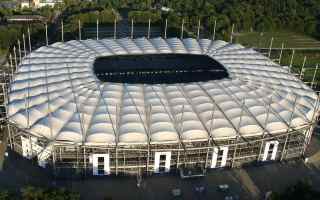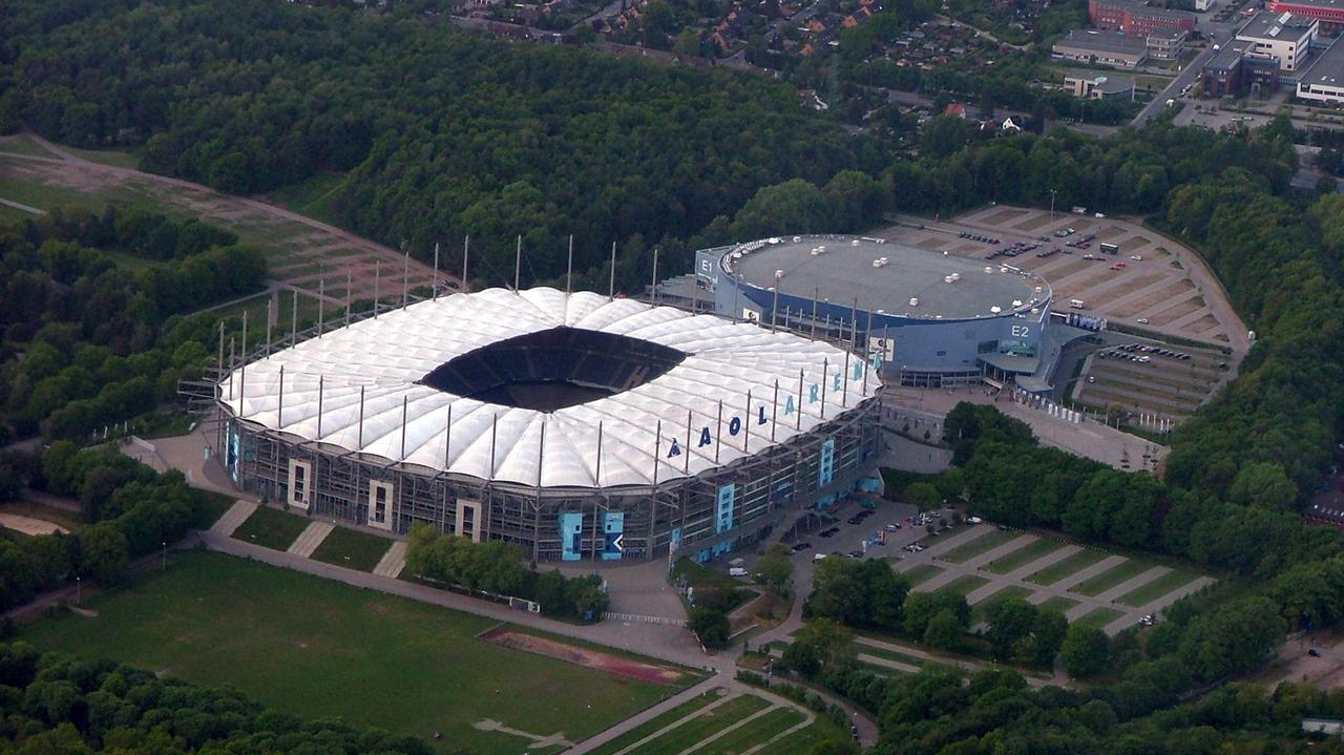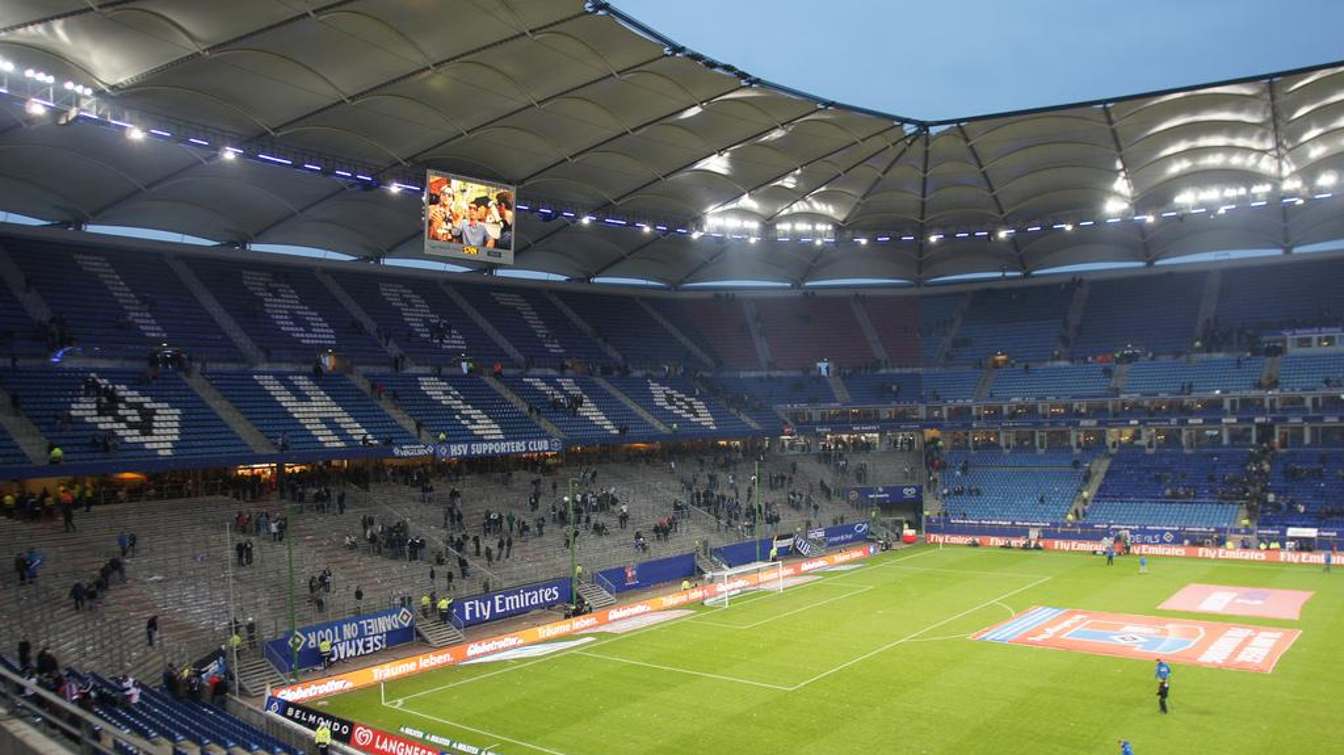Germany: How were profits made at Volksparkstadion?
source: StadiumDB.com; author: Jakub Ducki
 Hamburger SV is gearing up for a stadium revolution that could raise millions. Although the club is constantly grappling with the reality of playing in the 2. Bundesliga, ambitious plans are on the horizon to not only increase profitability but also develop the infrastructure.
Hamburger SV is gearing up for a stadium revolution that could raise millions. Although the club is constantly grappling with the reality of playing in the 2. Bundesliga, ambitious plans are on the horizon to not only increase profitability but also develop the infrastructure.
Advertisement
Financial stability despite tough times
HSV is entering its seventh consecutive season in the back of Germany's football elite. Despite the sporting difficulties, the club's management can boast an impressive financial performance. For the third year in a row, the club will record a profit, with - as in the previous two years - a seven-figure sum. This is a major success, especially in the context of the financial realities of the second division, where club budgets are significantly smaller compared to the German Bundesliga.
A key element of HSV's strategy is the investment in Volksparkstadion, an arena that, although completed in 2000, still generates significant revenue for the club. With a capacity of 57,000, the stadium boasts some of the best attendance figures in the country. Last season, home matches attracted an average of around 56,000 spectators, putting HSV just behind top German clubs such as Borussia Dortmund, Bayern Munich, Eintracht Frankfurt and Schalke 04.
Such a high demand for tickets prompted the club's authorities to raise their attendance projections for the current season. Instead of the assumed average of 40,000 spectators per game, Hamburg plans to attract 50,000. Each sold-out game brings in around €1.5 million for the club, demonstrating the stadium's huge potential as a source of revenue.
 © MerlinSenger (cc: by-sa)
© MerlinSenger (cc: by-sa)
Investment in the future
In order to maintain the high level of fan satisfaction and increase revenues, HSV intends to continue investing in the modernisation of the stadium. Prior to the European Championships, held in Germany, the club authorities had already spent close to €30 million on renovations. Now a further €10 million is planned, to be used to modernise the catering kiosks and increase the variety of products on offer. With this, the club is hoping for additional matchday profits.
One of the key elements of this project is also the potential marketing of the stadium name. Although the arena is currently named Volksparkstadion, the club is considering a partnership with a company to provide additional revenue. In the 2. Bundesliga alone, HSV expects to earn around €4 million a year from the stadium's naming rights. The club is in talks with interested parties, but has stipulated that it does not want to partner with companies that do not have strong links to Hamburg or HSV, as has happened in the past.
Although the Hamburg club plays at the back of the Bundesliga, the Volksparkstadion will be home to the European cups. Dynamo Kyiv, who will move here for Europa League matches leaving Arena Lublin where they played in the playoffs, will benefit from the stadium's extensive facilities. Lazio and Hungarian Ferencvaros, for example, will fly to Hamburg. European cup matches will further boost the profitability of the stadium.
 © Michael Panse (cc: by-nd)
© Michael Panse (cc: by-nd)
Fan interest and commercial success
In addition to the stadium upgrade, HSV can also boast success in other commercial areas. Last season, the club sold 70,000 T-shirts, and this summer it has already soldmore than 30,000. All 50 VIP boxes and 2,000 business seats have been sold, which shows how much interest the club enjoys even in the second division.
Advertisement
 StadiumDB
StadiumDB